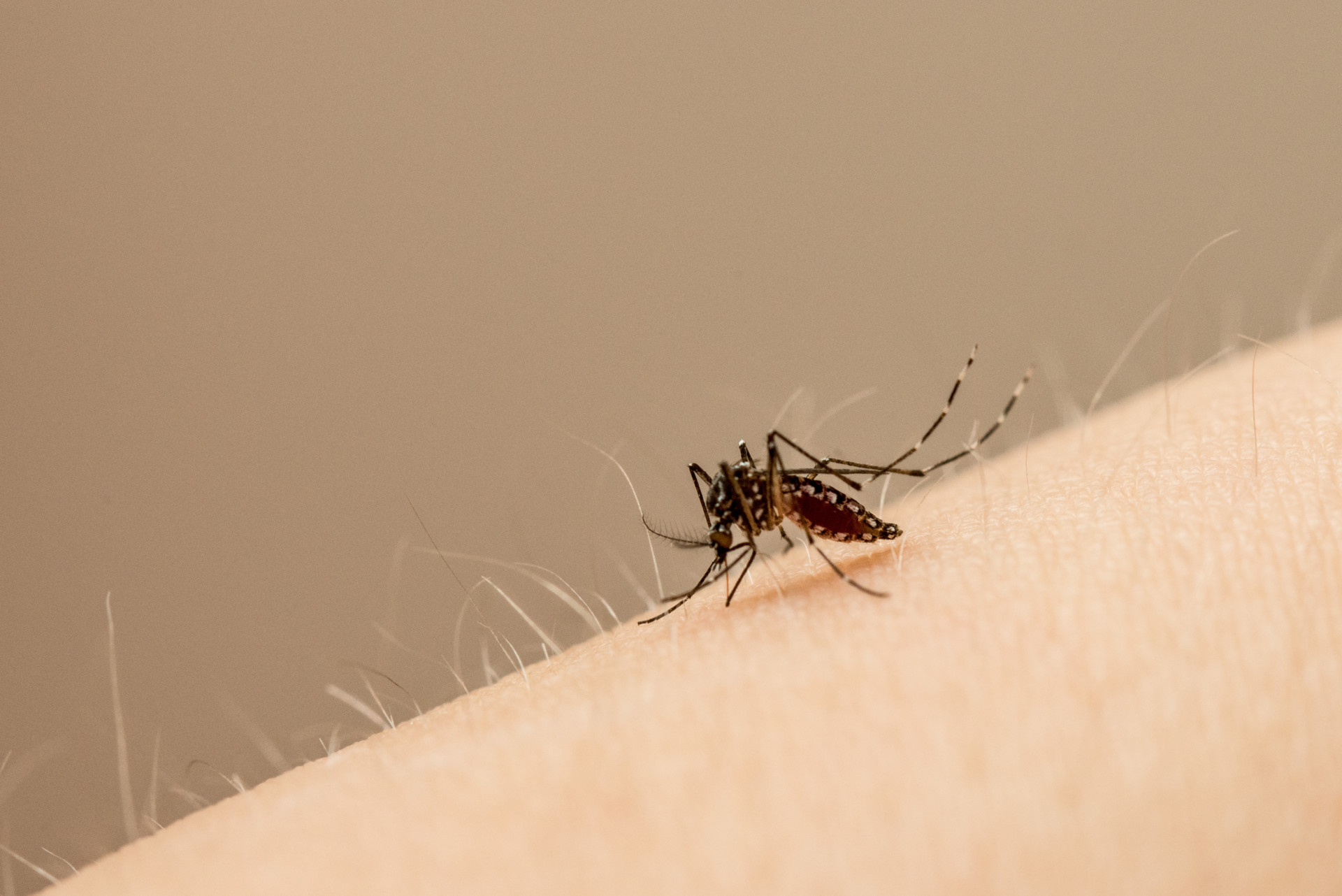CSU works with CDC to help public health labs detect Zika virus
by Mary Guiden | May 30, 2017 3:44 PM

States have reported 121 symptomatic Zika virus disease cases to the Centers for Disease Control and Prevention as of May 24, 2017.
Since the Zika virus was first reported in Florida and Texas, Colorado State University has been researching the virus and working to help improve how states across the country test for viruses carried by mosquitoes. Most recently, CSU’s BioMARC[1], the university’s vaccine manufacturing facility, created material to be used in labs nationwide in the fight against Zika.
“What we’ve done is essentially take parts of viruses and turn them into identification tools, or ‘reagents,’” said Dennis Pierro, BioMARC director and an assistant professor in CSU’s Department of Microbiology, Immunology and Pathology.
These virus parts are inactivated, purified and then included in part of a larger testing kit designed and distributed by the Centers for Disease Control and Prevention for use in public health labs across the nation to identify Zika virus, Pierro said.
The reagents are important because Zika virus can sometimes appear to be another virus. The CSU-developed reagents in the test kits help scientists sort parts of viruses from one another to more clearly specify what is and isn’t Zika, improving the overall test.
Materials in the test kits also allow lab workers to screen for West Nile and chikungunya viruses, and four different types of the dengue virus.
Infectious Disease Symposium
CSU is hosting an infectious disease research symposium June 7-9. Learn more about “Innovation in Infectious Disease Research: Challenges and Opportunities” on the symposium website[2]. The event will bring together scientists in industry, research institutions and government agencies to discuss critical research needed to thwart global infectious disease.
The diagnostic kits created by CDC are designed to test for a very specific portion of a virus. The test targets the virus’s RNA, or ribonucleic acid, which is a molecule that plays a central role in the function of genes.
CDC will receive data from state labs on which viruses are being detected, so that they can monitor disease transmission across the country.
“We’ve worked to get this testing material ready, so that CDC can fight the next battle, as the weather warms and we see more mosquitoes in different parts of the country,” said Pierro.
BioMARC specializes in handling infectious disease agents, as opposed to a general laboratory. The team is developing a vaccine for the Venezuelan equine encephalitis virus — as a subcontractor for Battelle — and has successfully met research milestones established by the Department of Defense for Ebola and Marburg virus, and Western and Eastern equine encephalitis viruses.
CSU’s Ray Goodrich, executive director of the Infectious Disease Research Center, which houses BioMARC, said the CDC project is just one example of the capabilities that exist at the university that have national reach and impact.
“The work we are doing is delivering value back to the public and addresses issues that are of global concern,” he said.
- BioMARC: http://biomarc.colostate.edu/
- website: http://idrtalks.colostate.edu/
Source URL: https://source.colostate.edu/csu-works-cdc-help-public-health-labs-detect-zika-virus/
Copyright ©2024 SOURCE unless otherwise noted.